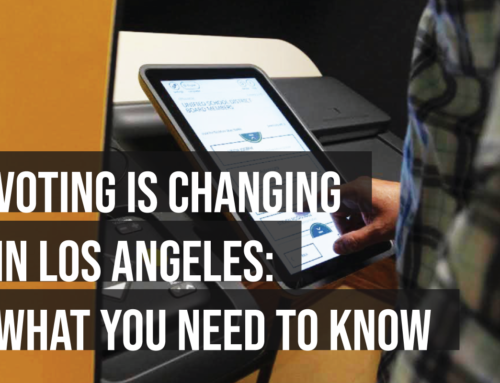In addition to causing physical damage, earthquakes often damage survivors emotionally. The Emergency Management
Department (EMD) Bulletin for this month highlights emotional recovery following an earthquake.
Responses following disasters can be physical, behavioral and/or emotional, including
- Headaches, chest pain, diarrhea, stomach pain and nausea
- Concentration and memory problems, including difficulty making decisions or staying focused
- Nightmares or inability to sleep, as well as sadness, depression, or grief
- Increased arguments with family and friends
- Increase in alcohol or drug consumption
- Changes in energy, such as hyperactivity or lack of energy
- Changes in appetite or sleep patterns
- Emotional reactions such as fear, irritability, anger, denial, isolation, and/or withdrawal
- Self-blame, and/or blaming others
- Feeling stunned, numb, overwhelmed or helpless
Simple steps to help yourself recover emotionally
- Let your family know you are safe, because wondering whether a loved one is alive can be extremely stressful. Register on the American Red Cross Safe and Well website available through RedCross.org. If you lack internet access, call 1-866-GET-INFO to register yourself.
- Limit exposure to disaster coverage, especially on television, the radio, newspapers and the internet.
- Take care of yourself physically, including getting adequate rest, and eating healthy. Address your health needs and those of your family.
- Connect with family, friends and the faith community. Giving and receiving emotional support is essential.
- Set priorities. Tackle tasks in small steps.
- Gather information about assistance and resources that will help you and your family members meet your disaster-related needs.
- Stay positive. Remind yourself of how you have successfully managed difficult times in the past. Reach out when you need support, and help others when they need it.
- Don’t make any major life decisions during this time.
Simple steps to help others recover emotionally
- Listen, but do not try to take ownership of anyone else’s feelings.
- Empathize and show respect for the other person’s feelings or concerns.
- Provide confidentiality.
Resources
American Red Cross http://www.redcross.org/find-help/disaster-recovery/recovering-emotionally
American Psychological Association http://apa.org/helpcenter/recovering-disasters.aspx
CERT Los Angeles http://www.cert-la.com/education/HowDoIDealWithMyFeelings.pdf
“As a covered entity under Title II of the Americans with Disabilities Act, the City of Los Angeles does not discriminate on the basis of disability and, upon request, will provide reasonable accommodation to ensure equal access to its programs, services and activities.”






